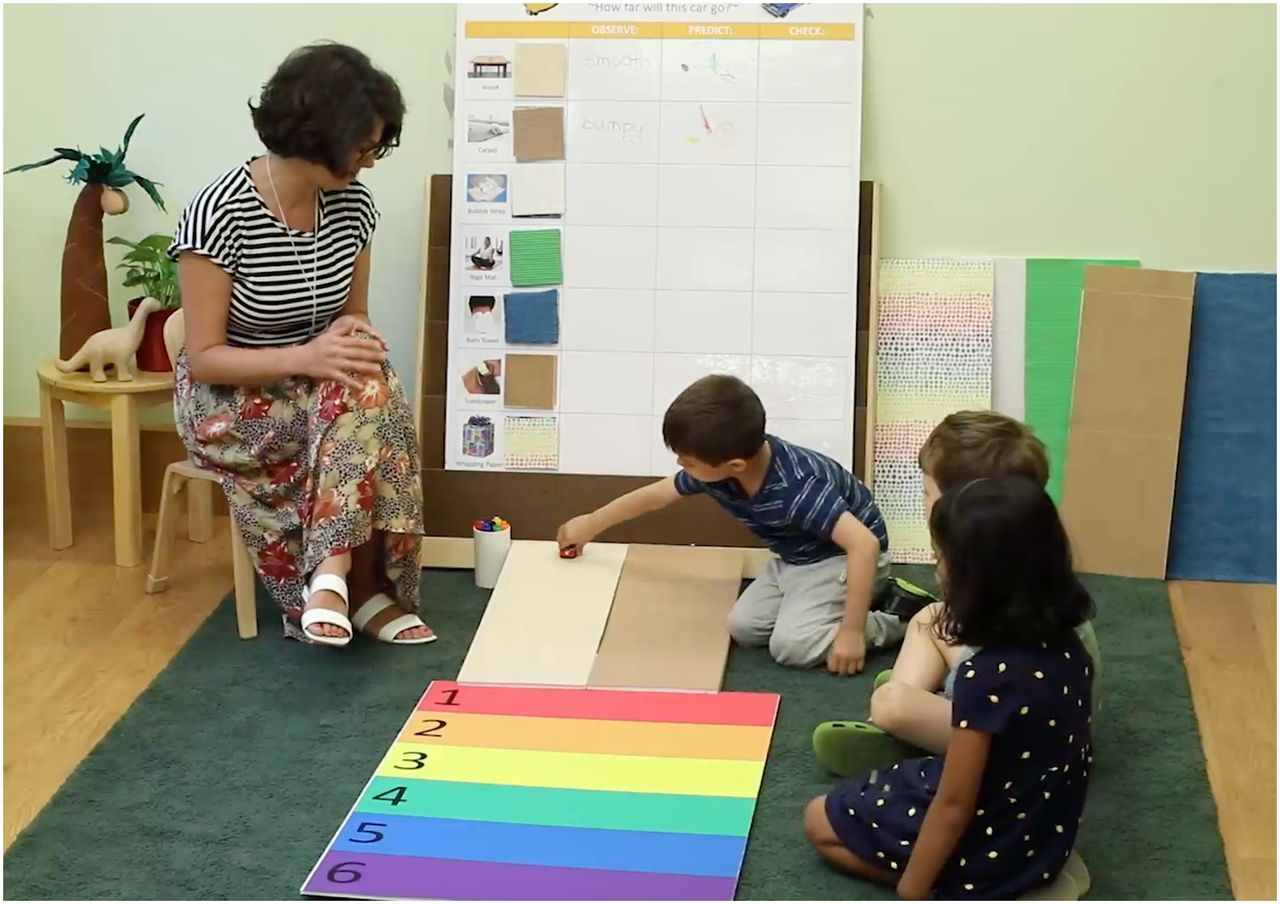Tools are not just developed by and for the professional scientific research community, but by a wide range of commercial, academic, nonprofit, and community enterprises operating at a range of scales. Here, we outline 16 tools for science that are causing us to rethink the boundaries of scientific research. Looking across these tools and their individual impact on science and society, we begin to ask questions about their collective impact. How do low-cost tools impact science? Do these tools accelerate scientific progress or expand access, and to what extent? Finally, is the impact, and potential impact, of these tools incremental, or potentially revolutionary?






